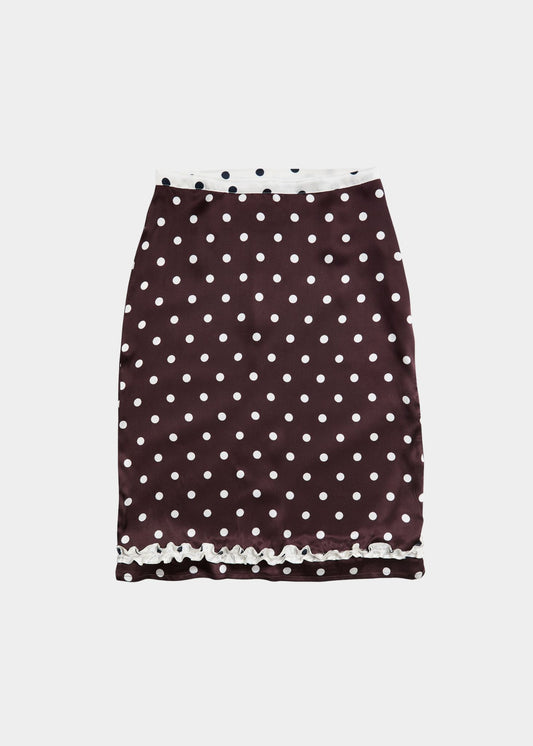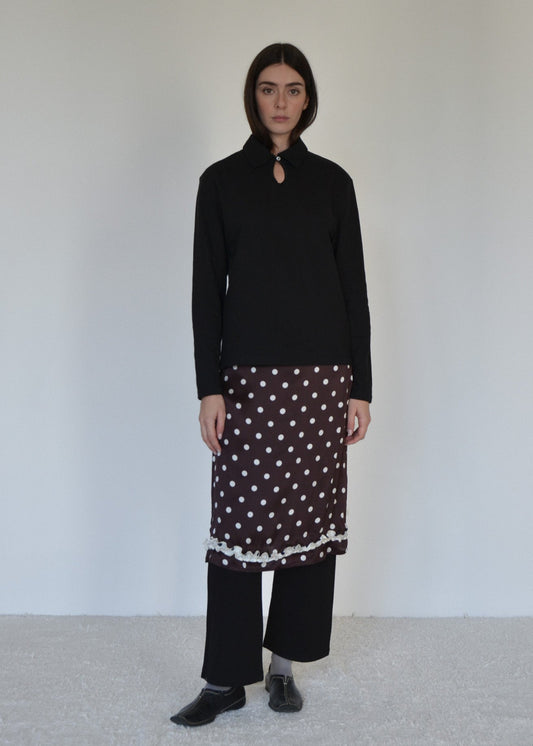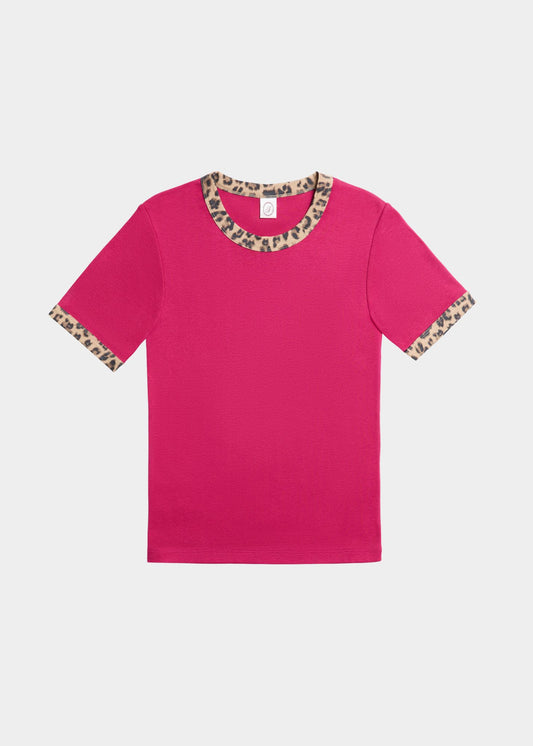GRS

The GRS (Global Recycled Standard) is an international, voluntary, full product standard that sets requirements for third-party certification of recycled content, chain of custody, social and environmental practices and chemical restrictions.
The GRS certification helps to verify and trace the recycled materials in end products. The GRS certification defines specific requirements for content in materials, as well as good working conditions. In addition, they work to minimize harmful chemicals and the environmental impact of the production process.
By setting these requirements through the certification, it is possible for the consumer to make conscious choices. GRS seeks to meet the ISO (International Organization of Standardization) definition of recyclable material, which describes that the material must be processed to become a product or a new recycled raw material. You can read more about the description here.
The objectives of the GRS are:
- Alignment of recycled definitions across multiple applications.
- Track and trace recycled content in products
- Provide consumers (both brands and end consumers) with a tool to make informed decisions.
- Reduce harmful impact of production to people and the environment.
- Provide assurance that products are processed more sustainably.
- Drive higher percentages of recycled content in products.
Clothes and accessories can be recycled - and the materials from which sustainable clothes and accessories are made can often be recycled. In this way, we optimise our resource consumption and protect the environment to a greater degree. If clothing or other products bear the GRS label, it means that there is at least 50% recycled textile material in an end product.
In addition to looking at recycled materials, GRS-certified workplaces must meet strict minimum criteria on working conditions. The criteria include prohibition of child labor, forced labor, discrimination and abuse. The GRS certification also works to protect the health and safety of workers by offering clean work facilities and minimizing contact with harmful chemicals. In addition, efforts are being made to maintain a good social policy, which includes demands for wages and working hours. You can read more about the social and environmental requirements, as well as requirements for the use of chemicals in this report: Global Recycled Standard 4.0.
Going for GRS certified products is one way to ensure more recycling of resources.
The GRS certification was originally developed by Control Union Certifications (CU) in 2008. Today, GRS has been passed on to the Textile Exchange, which develops several different standards and certifications. Textile Exchange is a global, non-profit organisation that works to promote the use of sustainable fibers and materials.
Read more about GRS: https://textileexchange.org/standards/recycled-claim-standard-global-recycled-standard/ and https://textileexchange.org/documents/global-recycled-standard-grs/
-

Conscious Closet with co-host Lea Rohe
Thursday September 4th, we opened the doors to something new at SARTH: Conscious Closet. A community event series designed to rethink the way we connect with our wardrobes — and each...
Conscious Closet with co-host Lea Rohe
Thursday September 4th, we opened the doors to something new at SARTH: Conscious Closet. A community event series designed to rethink the way we connect with our wardrobes — and each...
-

SARTH MEETS: Johan Fuglsang
SARTH MEETS is a series of conversations with voices we admire — diving into how they shop, what guides their choices, and how they define their personal style. We ask...
SARTH MEETS: Johan Fuglsang
SARTH MEETS is a series of conversations with voices we admire — diving into how they shop, what guides their choices, and how they define their personal style. We ask...
-

GET TO KNOW: MONO MATERIALS
Why using one fiber at a time might be one of fashion’s smartest steps forward. As fashion continues to grapple with its environmental footprint, one key solution is gaining traction:...
GET TO KNOW: MONO MATERIALS
Why using one fiber at a time might be one of fashion’s smartest steps forward. As fashion continues to grapple with its environmental footprint, one key solution is gaining traction:...
-

SARTH MEETS: Lea Rohe
SARTH MEETS is a series of conversations with voices we admire — diving into how they shop, what guides their choices, and how they define their personal style. We ask...
SARTH MEETS: Lea Rohe
SARTH MEETS is a series of conversations with voices we admire — diving into how they shop, what guides their choices, and how they define their personal style. We ask...
Shop slow fashion
-
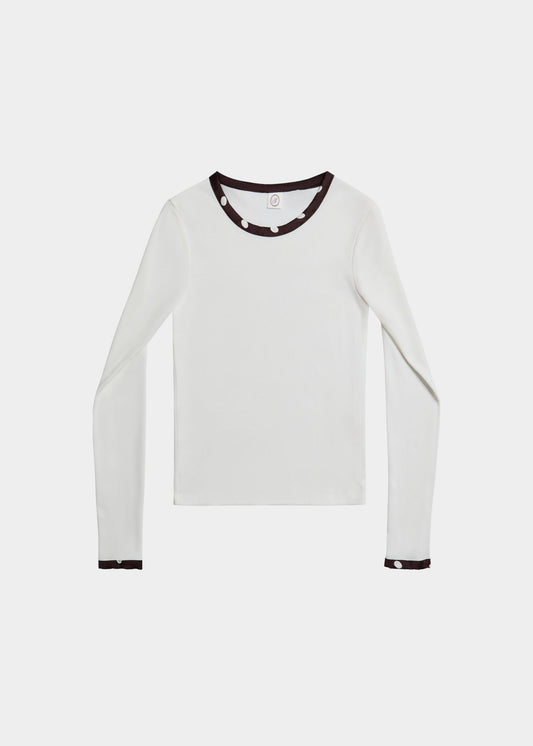
 Sold out
Sold outSIGNE Noel Longsleeve Off-white
Regular price €91,95 EURRegular priceUnit price / per -
SIGNE Anais skirt Polka dot
Regular price €275,95 EURRegular priceUnit price / per -
SIGNE June Leo T-shirt Tulip
Regular price €65,95 EURRegular priceUnit price / per -
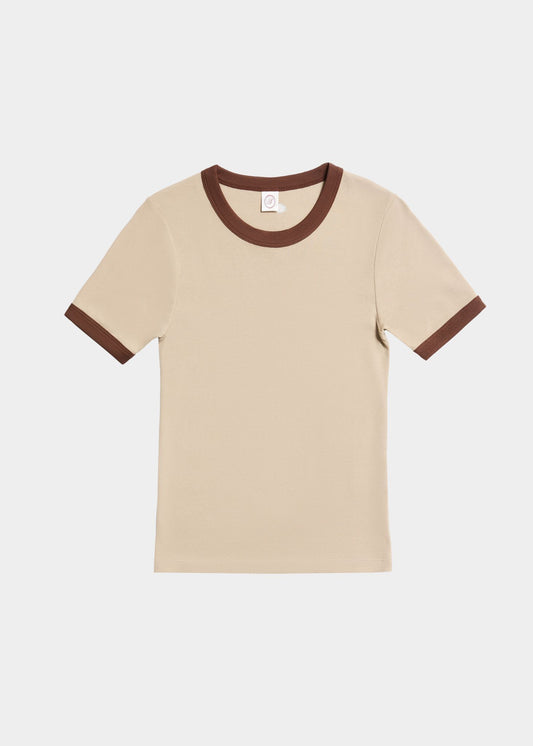
 Sold out
Sold outSIGNE June T-shirt Taupe
Regular price €65,95 EURRegular priceUnit price / per








